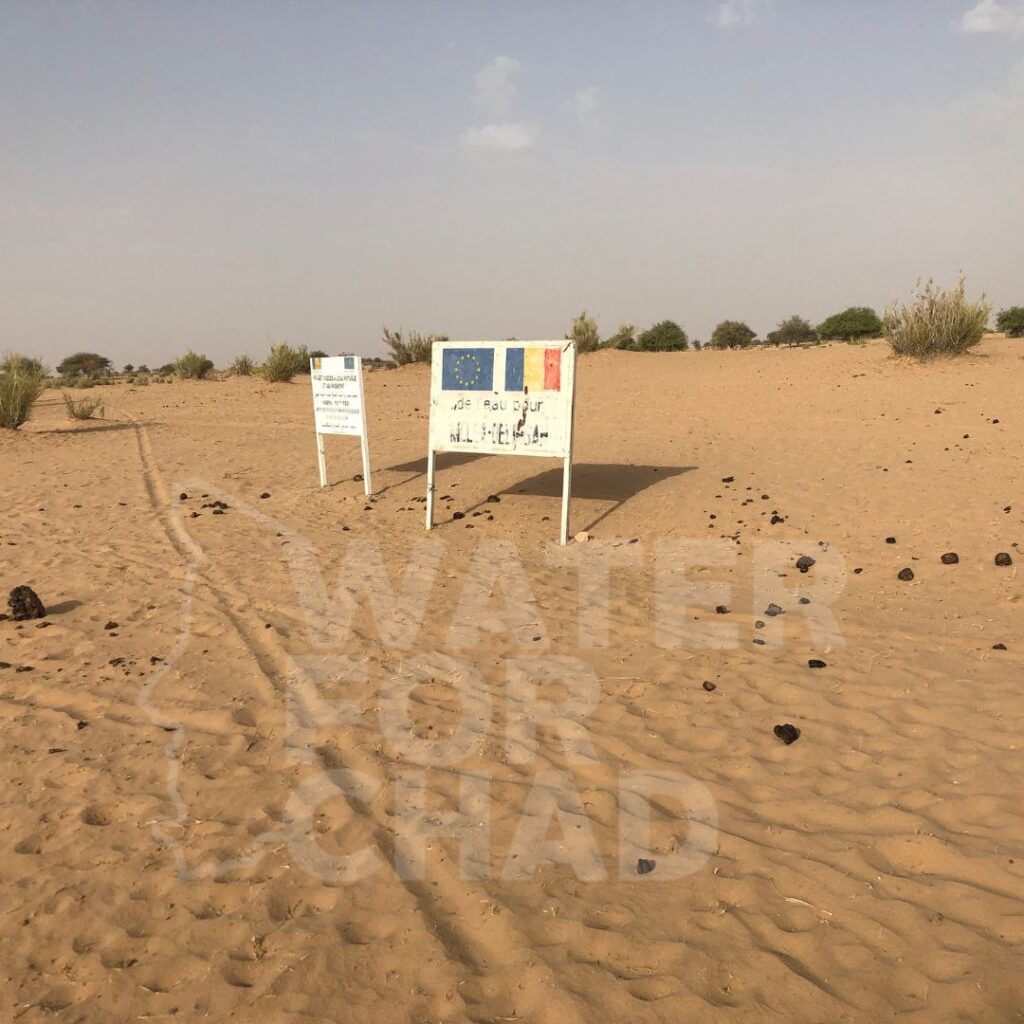Chad is one of the countries in the world with the most difficult access to drinking water. In 2020, only 53% of the population had access to basic drinking water, and 16% to adequate sanitation services.
The challenges to access to drinking water in Chad are numerous:
- Poverty: Poverty is a major obstacle to access to drinking water, as households do not always have the means to pay for water or the necessary infrastructure.
- Aridity: Chad is an arid country, with limited water resources. Climate change is worsening the situation, by increasing the frequency of droughts.
- Insufficient infrastructure: Water supply and sanitation infrastructure is insufficient and often poorly maintained.
- Lack of awareness: Awareness of the importance of hygiene and water treatment is still insufficient in some populations.
Despite these challenges, there are opportunities to improve access to drinking water in Chad:
- Technology development: New technologies, such as membrane filters and solar water disinfection, can make drinking water more accessible and affordable.
- Mobilization of funds: Increased funds are available for the development of drinking water and sanitation, thanks to international initiatives such as the Sustainable Development Goals (SDGs).
- Strengthening institutions: Strengthening the institutions responsible for water management and sanitation is essential for better water resource management.
- Community involvement: Community involvement in the design and implementation of water supply and sanitation projects is essential for their sustainability.
The Chadian government has made commitments to improve access to drinking water. The National Water and Sanitation Strategy (SNEAS) aims to achieve universal access to drinking water and sanitation by 2030.
Several international actors are also working to improve access to drinking water in Chad. The United Nations, the European Union and the World Bank are among the main funders supporting water and sanitation projects in the country.
Access to drinking water is a crucial issue for Chad’s development. By improving access to drinking water, it is possible to reduce poverty, improve the health and nutrition of populations, and protect the environment.
Here are some examples of innovative projects underway in Chad to improve access to drinking water:
- Use of solar energy for water pumping: This technology allows rural communities that do not have access to electricity to be supplied with drinking water.
- Construction of dry composting latrines: These latrines reduce environmental pollution and produce compost that can be used for agriculture.
- Implementation of hygiene awareness programs: These programs aim to inform populations about the importance of handwashing, water treatment and solid waste management.
Improving access to drinking water in Chad is a long-term challenge. It will require concerted efforts from the government, international donors, civil society organizations and local communities. However, the progress made in recent years gives hope that this objective can be achieved.
In conclusion, access to drinking water is a fundamental human right and an essential element of sustainable development. Chad has made significant progress in recent years, but there is still much to be done to achieve universal access to drinking water by 2030. Innovative technologies, fundraising, institution building and community involvement are key to meeting this challenge.


